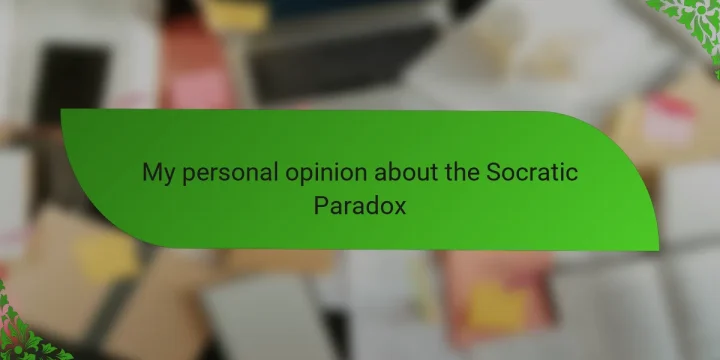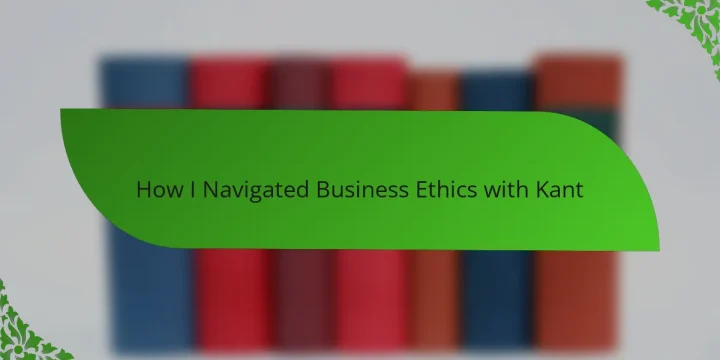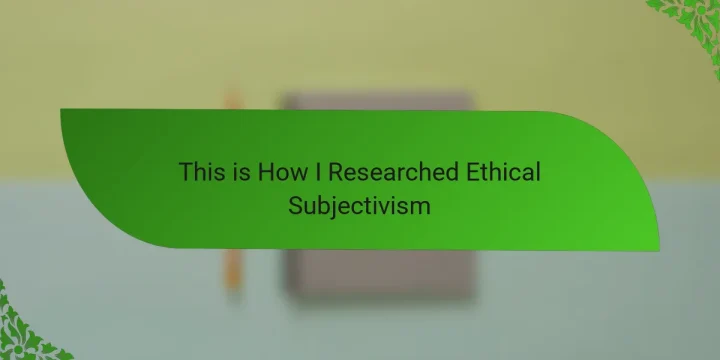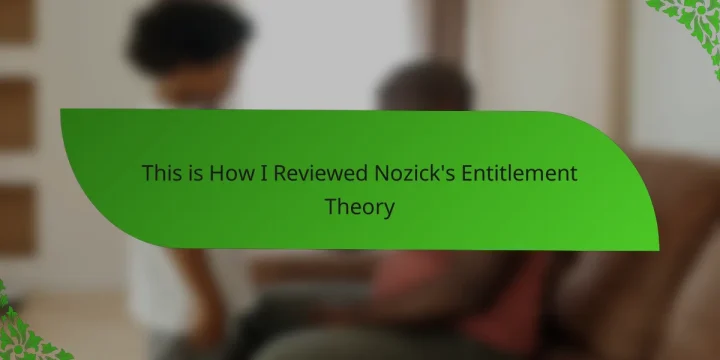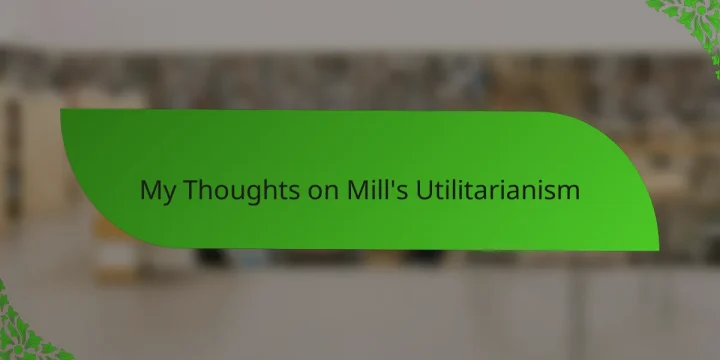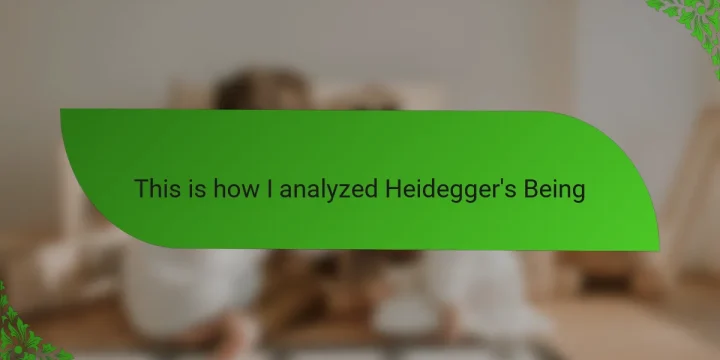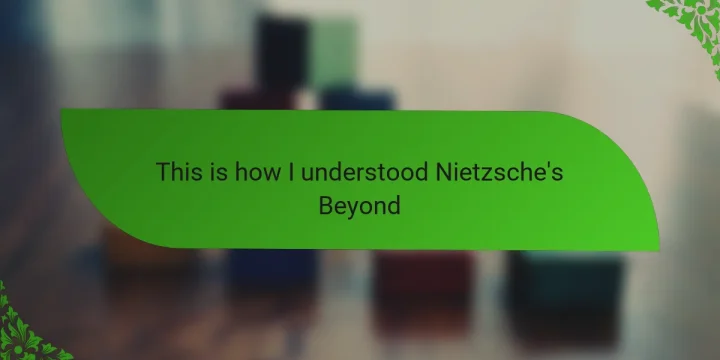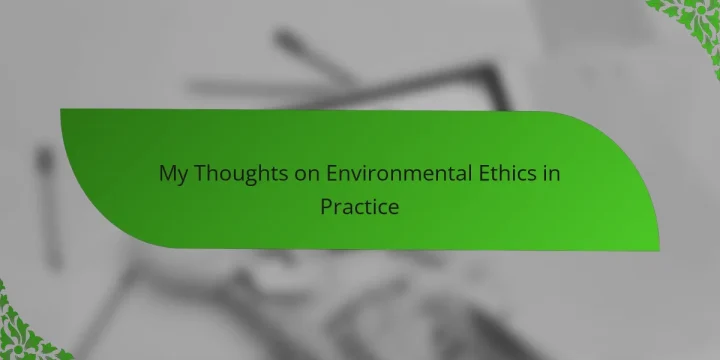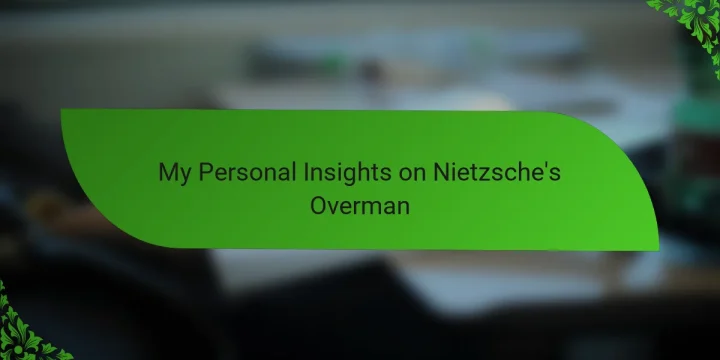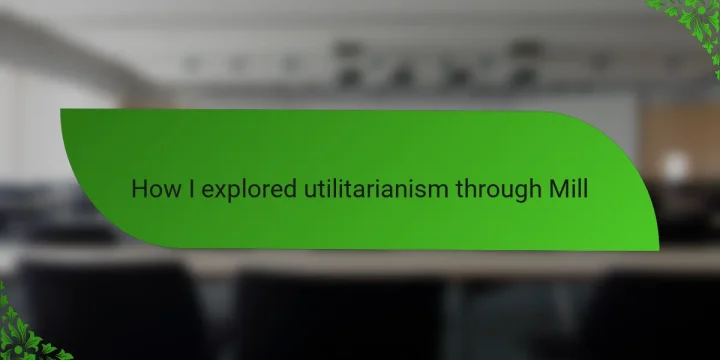
Key takeaways Utilitarianism emphasizes actions that promote the greatest happiness for the greatest number, shifting focus from intentions to outcomes. John Stuart Mill introduced the distinction between higher and lower pleasures, underscoring the importance of quality over quantity in happiness. Applying utilitarianism involves balancing individual liberties with the well-being of the community, which enhances personal fulfillment and responsibility. Challenges in utilitarianism include measuring happiness and reconciling individual rights with the greater good, highlighting the complexity of ethical decision-making. Introduction to Utilitarianism Philosophy Utilitarianism always struck me as both simple and profound—at its core, it asks a straightforward question: What action leads to the greatest happiness for the greatest number? This idea, focusing on outcomes rather than intentions, challenged me to think differently about moral choices I had taken for granted.…
